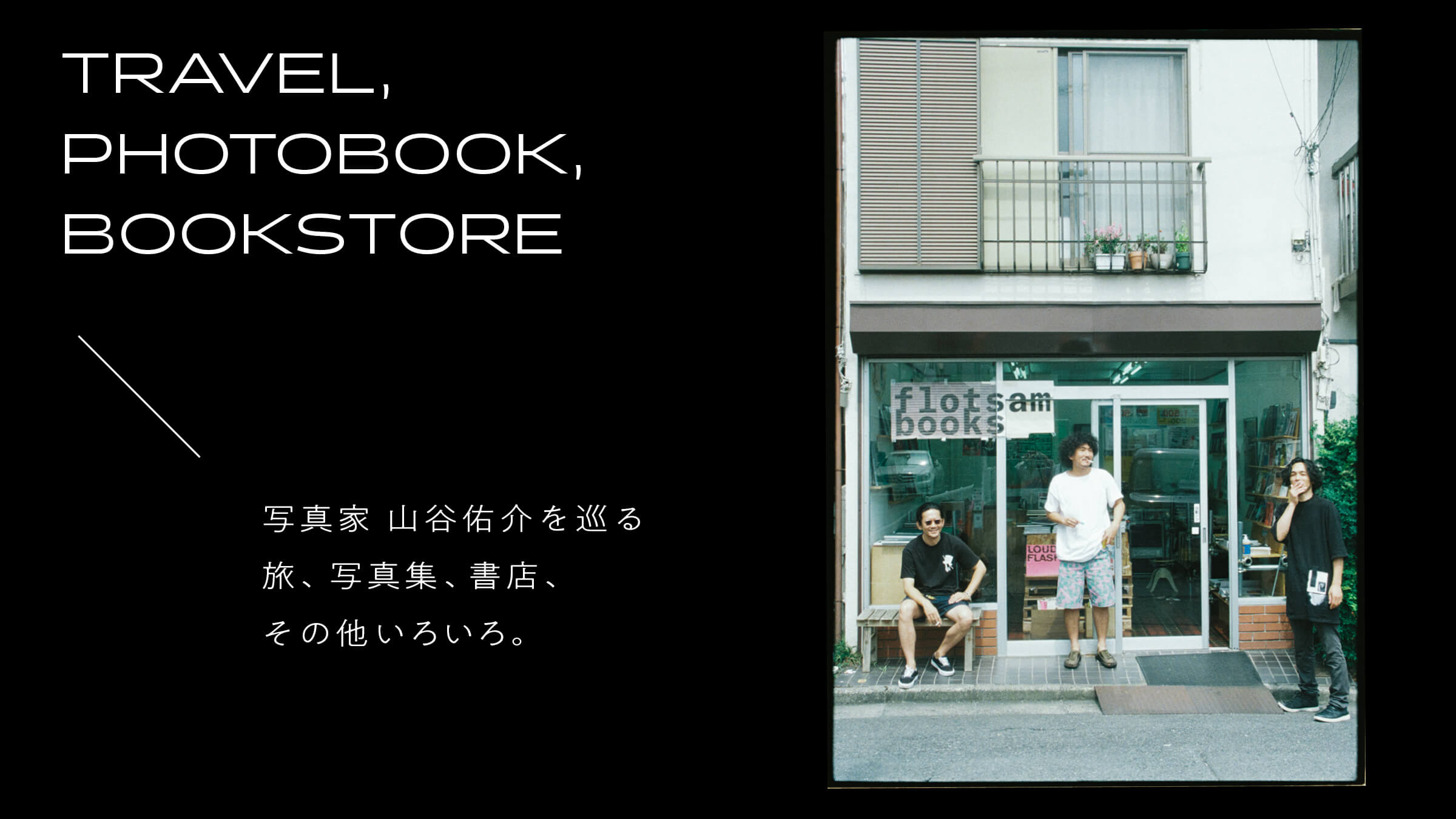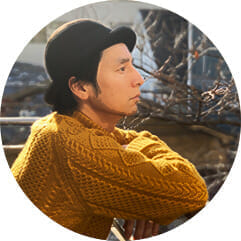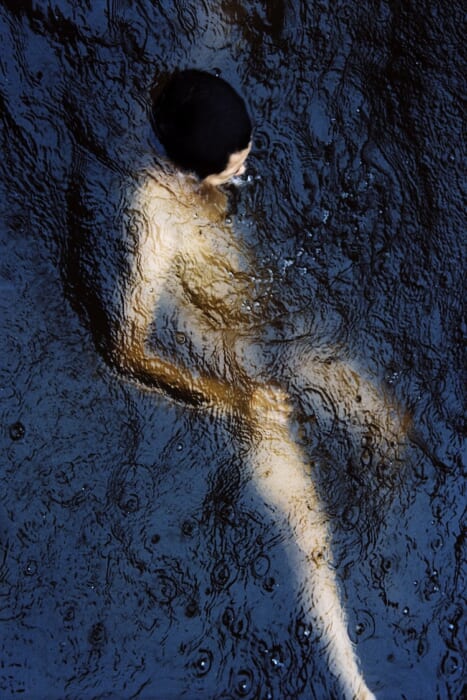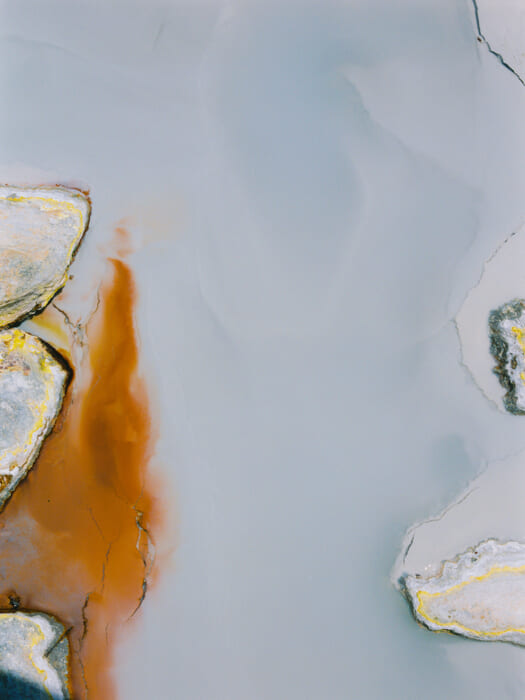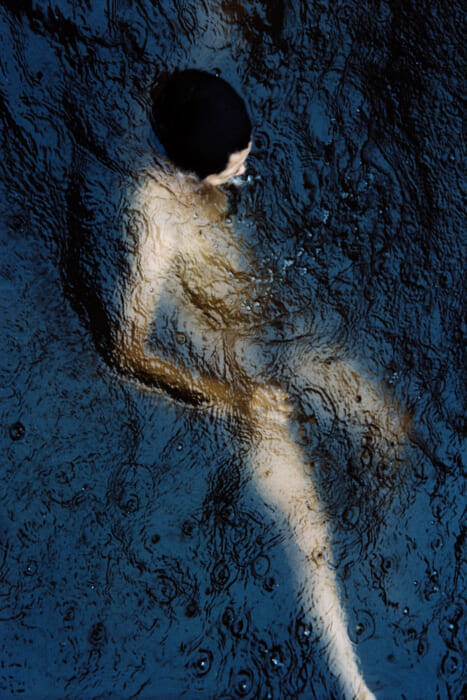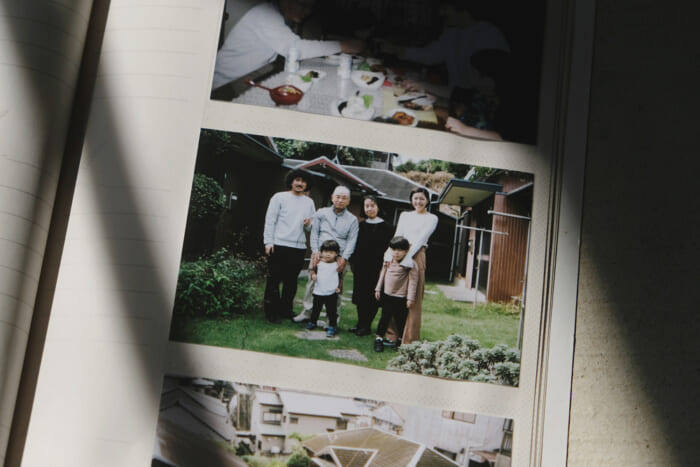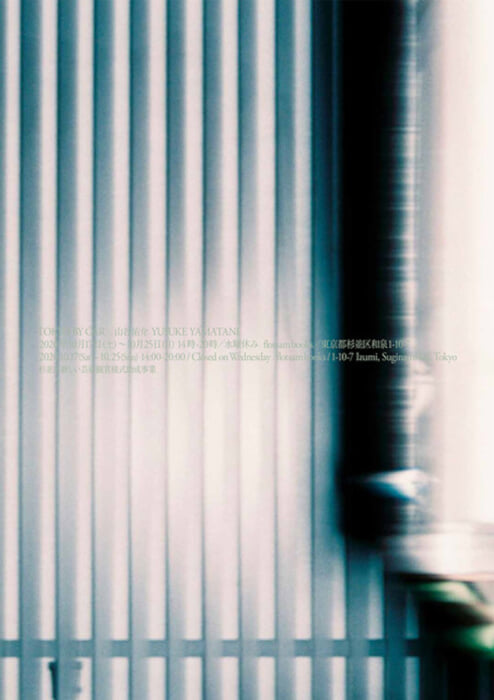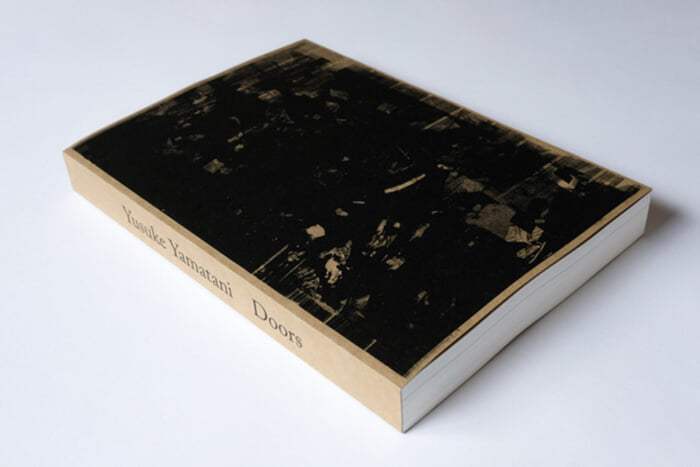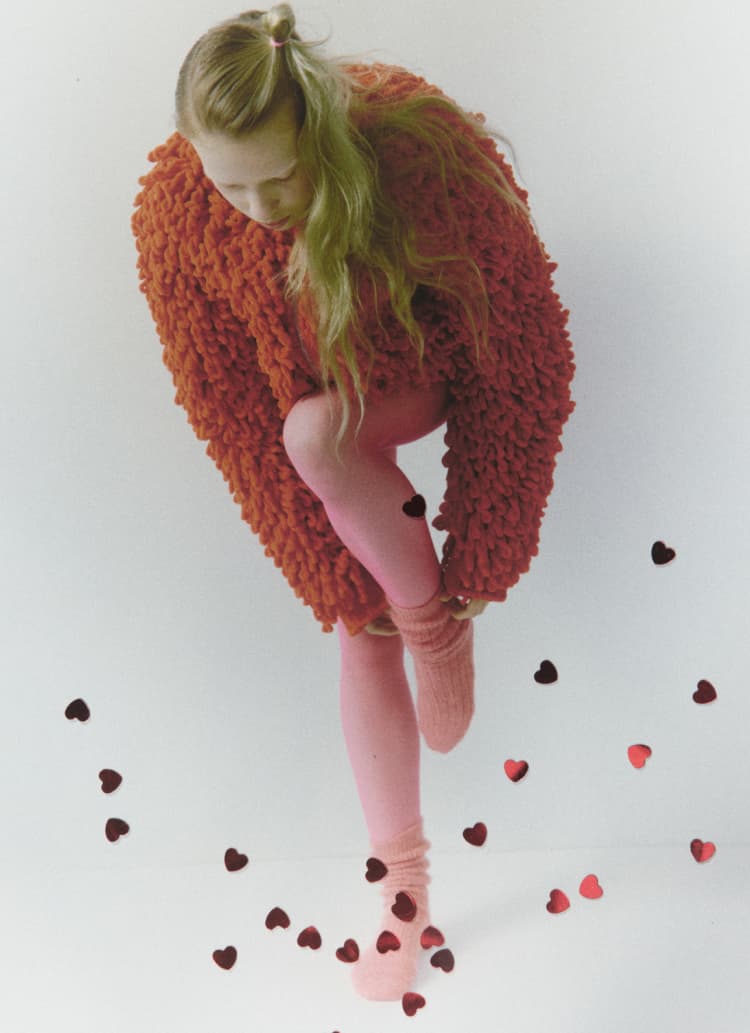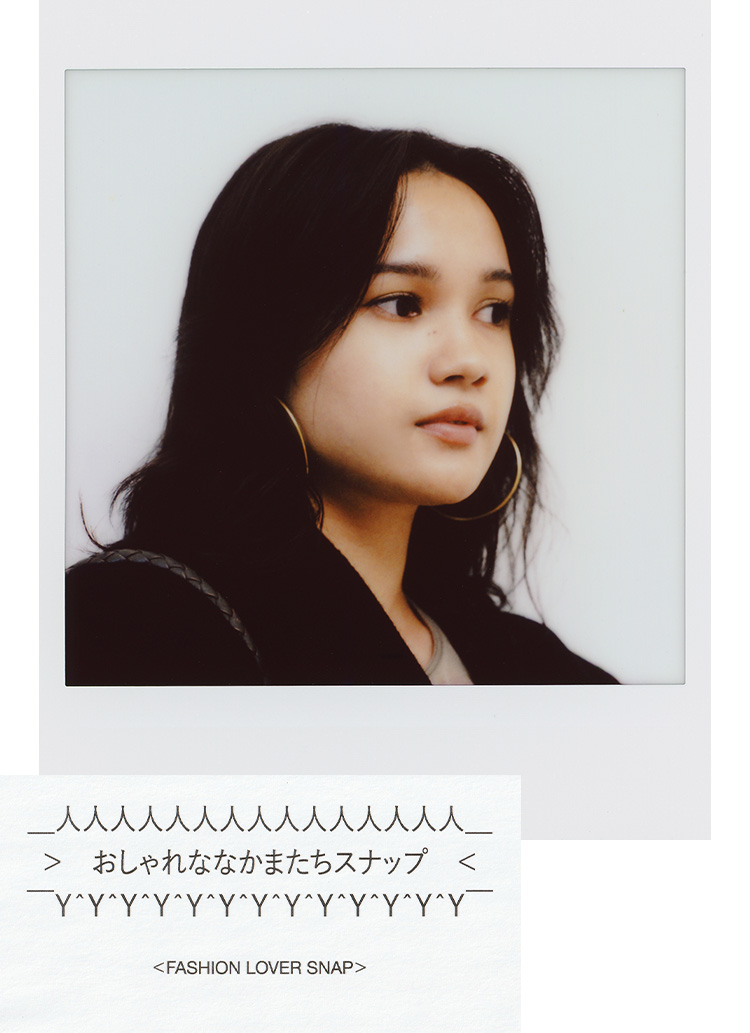
Nomura:Maybe. You don't see it in the works. It's usually just one piece. In the case of music, you look at photos in the same way as you select a single song and then choose a best-of album, so I guess you wouldn't understand if I suddenly showed you a whole book. But there are things that can be understood from the package. That is why people like Mr. Suzuki work hard and stay up all night to make photo books. And they do it while changing the order of the photos. That would come in handy later on. But things are different now.
Suzuki:I think that's fine, though.
Nomura:Well, there's no point in resisting. When the digi (digital camera) came out, everyone said, "This is not a camera," but in the end, everyone ended up using it, and even those who complained about it are all on Instagram (laughs). (Laughs.) Because there is no fixed concept of what constitutes good photography, the photos we think are good were imprinted on us by watching magazines and listening to music in the 1960s and 1970s, so we can't force them on people now. That's another interesting point.
Mountain Valley:So you can see why someone like Ryan McGinley became popular. Come to think of it, it just occurred to me that he is the one who traveled and photographed America.
Nomura:Do you like Ryan?
Mountain Valley:Yes. You gave me my first initial impulse.
Suzuki:I liked the first or second book.
Mountain Valley:You know, the one before you put everyone on a bus and travel all over the US during a normal snap.
Nomura:I once went to a house where we all lived together before it was sold that much. He showed me his collection of books, not a lot, but they were all first editions.
Mountain Valley:He is a collector, isn't he?
Nomura:Yes, I like (Andy) Warhol a lot. (I like (Andy) Warhol a lot, and I have photo books of people in New York, but I bought them with all the money I had from the show.
Mountain Valley:You already had a great sale.
Nomura:No, but it was just starting to come out. It was just before "The New Yorker" wrote "Horrible Children. It was when I was still living with Dan Coren and others.
Mountain Valley:That's the impulse I had when I first started taking pictures. I saw Dash Snow's Polaroids, and I started with Polaroids, too.
Suzuki:Then to Mr. Fumihiro Hayashi of "Dune",
Mountain Valley:I ended up not meeting Mr. Hayashi. That is where I am totally different from Mr. Nagoya. We always talk about that.
Nagoshi:Yes, that's right.
Mountain Valley:I think it is fun to look at a collection of photos like this. With a photograph, you can associate it with something you know, and your brain completes it on its own. But with images, for example, you can only see what you see in the image.
Nomura:I agree. Maybe I don't want to see that right now because the video is complete in the package. I want to watch at my own pace, but in the case of video, the more solid the story and stuff, the less I guess I'm in the mood for it now.
Kobayashi:It's because they control time.
Nomura:Yes. Do young kids buy photo books here?
Kobayashi:Yes, we do. Many of them come. But I think most of them are photographers. Some fashion-conscious girls come in on the spur of the moment and buy magazines. The other day, she was looking at a copy of "Studio Voice" from the 1990s and said, "That was before I was born.
Mountain Valley:Most of the customers here are in their 20s and 30s, right?
Kobayashi:Yes, it is.
Nomura:What is this ("THE FAMILY ACID CARIFORNIA") about?
Kobayashi:It is a picture taken by my father who served as a photographer during the Vietnam War. His father took pictures all the time on film. After that, he came back to Japan and joined the hippie community and lived there, and he took pictures all the time. Recently, his kids started uploading his photos on Instagram, and they became popular. This is the third one, I think. It's called "THE FAMILY ACID CARIFORNIA," so it's a family project. My mom is an editor and my dad is a photographer.
Nomura:Dad, are you still alive?
Kobayashi:Perhaps he is still alive.
Nomura:Heh, I've never seen this before. I will buy this.
Kobayashi:Thank you very much!
Nomura:You also sell Yamatani's photo book here, don't you?
Kobayashi:Yes, of course.
Mountain Valley:If anything, Mr. Kobayashi may be selling the most.
Nomura:Then, by all means, HOUYHNHNM's readers who see this article, please buy Yamatani's photo book here, and if you think I can do better than this, please make a book (laughs).
Mountain Valley:Yes, it would be better to have them keep coming up from below.
Nomura:In some ways, the threshold for making a book is lower than it used to be.
Mountain Valley:Yes, it is. There is a good foundation for a single person to do it without having to deal with an editor. Self-publishing is also easy.
Nomura:It has become extremely easy to make T-shirts and do other things, and I think this is a good time. There is still a part of us that thinks that you have to be a professional in that field to make something solid, but in reality, you can do it.
Mountain Valley:Yes, it is.
Nomura:There is just too much stuff, and if you search, you can find anything, but the information is so flat that it is hard to know what is trustworthy, and it is harder to choose. In the past, you could look at magazines and see that this person was trustworthy. In those cases, I would come to a bookstore and ask the person in the store. In the past, if you saw a pop-up in a CD store and bought a CD, and it actually sounded like the pop-up, you would say, "I can trust this person. But there were some people who were good at writing pop-ups, and I was completely fooled! But there were times when I was completely fooled.
Mountain Valley:Yes, yes. There is, isn't there?
Nomura:But that's how you don't know unless you've been cheated out of your money.
Kobayashi:Yes, I know. We have to fail, don't we?
Nomura:Nowadays, you can find out some things for free before you spend money. It may be nice not to waste money or to look good, but young people tend to avoid making mistakes.
Mountain Valley:Yes, waste is important. It was more interesting for me to do it anyway, even though I didn't know how it would turn out, than to decide what I wanted to shoot and go for it. The camera is ruthless, and it shows things as they are, so I left it to it. I think you are conscious of the importance of waste rather than doing what is obvious.
Nomura:Young boys often approach me and tell me that they envy me for doing so many different things, but they are the first ones to know who I am now, so they don't know that much about the past. But it was after the birth of my child that I was able to make a decent living. That's when I started working seriously. Now that I've done something, I can see and hear how I used to be a backpacker, but when I was doing it, it was totally different.
Mountain Valley:It's the same with the story I told you earlier about Christiania, where nothing happened.
Nomura:Even that sounds better now that I have published my work and am in a position to talk about it in the media, so people might think, "Oh, so you've been traveling, too. But when I came back to Japan after backpacking, I really felt that I had completely wasted my life. I was at a loss for what to do. But now the whole story has come together beautifully. There is a tremendous amount of waste to get to that point. That's why everyone in Corona says, "Don't waste your time," but I say, "Let's waste our time" (laughs).
Mountain Valley:I might be like, "I don't want to live in Yokosuka anymore," by next year.
Nomura:Yes, yes, yes. How about something like this?
Mountain Valley:Yes, thank you!
Nomura:Then we can all choose a "travel" book together at the end of the day. I'm also here today to introduce you to some bookstores.


Yusuke Yamatani Select
'TheWIM WENDERS: WRITTEN IN THE WEST'-' (used in place of '-')

Kunichi Nomura Select
'TheTHE FAMILY ACID: CALIFORNIA'-' (used in place of '-')

Takayuki Kobayashi Select
'TheYUSUKE YAMATANI: DOORS'-' (used in place of '-')

Keisuke Nagoya Select
'TheMIKE BRODIE: A PERIOD OF JUVENILE PROSPERITY'-' (used in place of '-')

Sei Suzuki Select
'TheMARK CROSS: THE PAIN CENTER'-' (used in place of '-')

huynum select
'TheSTEPHEN SHORE: UNCOMMON PLACES THE COMPLETE WORKS'-' (used in place of '-')


